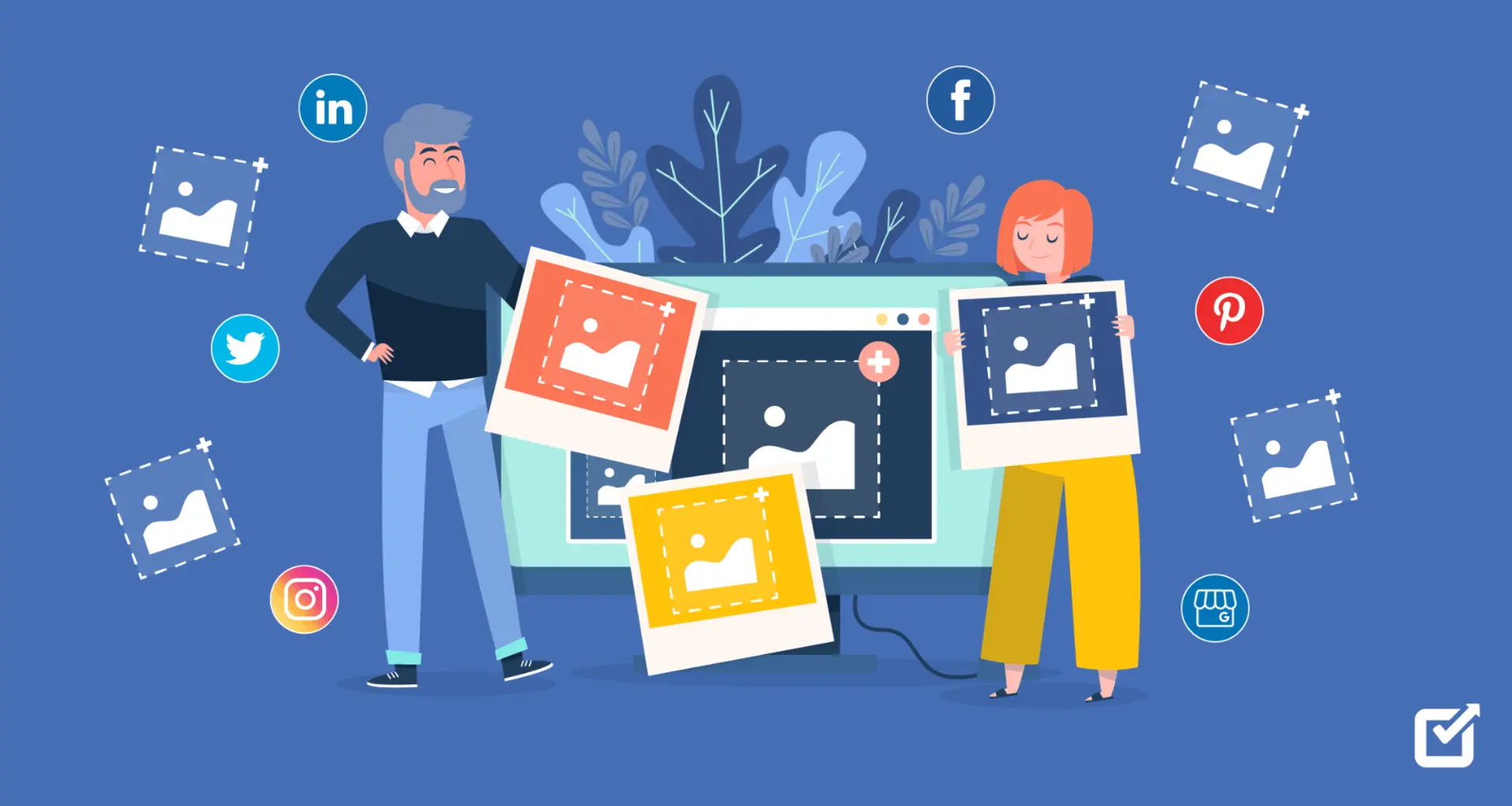The Top 10 Benefits and Drawbacks of Being a Social Media Influencer
In the era of digital communication, social media influencers have emerged as a significant force within the marketing industry. Social media influencers have millions of followers on platforms like Instagram, Twitter, TikTok, and YouTube, these individuals have the ability to shape opinions, trends, and consumer behaviors. While the allure of influencing may seem enticing, it is essential to consider the multifaceted nature of this profession. Here, we explore the top ten benefits and drawbacks of being a social media influencer to provide a balanced perspective on this contemporary career path.

Benefits of Being a Social Media Influencer
1. Creative Freedom
One of the most appealing aspects of being a social media influencer is the creative freedom it affords. Influencers can create content that resonates with their personal brand and audience, experimenting with different formats, styles, and themes. This autonomy allows them to showcase their unique voice and creativity in ways that traditional professions may not permit.
2. Flexible Schedule
Influencers often enjoy a flexible work schedule that allows them to dictate when and where they work. This flexibility can lead to a better work-life balance, as influencers can manage their time according to personal commitments, creative bursts, and the demands of their audience.
3. Potential for High Earnings
Influencers can earn substantial income through various channels, including brand partnerships, sponsored posts, affiliate marketing, and product creation. Established influencers with a loyal following can command significant fees for promotional content, making it possible to generate a lucrative income.
4. Access to Exclusive Opportunities
Influencers are often invited to exclusive events, product launches, and collaborations with brands. This access not only enhances their personal brand but also opens doors to networking opportunities with industry leaders and other influencers.
5. Community Building
Being an influencer offers the unique opportunity to build and engage with a community. Many influencers foster strong connections with their followers, creating a sense of belonging and camaraderie. This interaction can be fulfilling and enable influencers to use their platform for positive change.
6. Platform for Advocacy
Influencers can use their platforms to raise awareness about important social issues, advocate for change, and promote causes they are passionate about. This ability to influence public opinion and drive conversations can contribute to meaningful social impact.
7. Skill Development
Navigating the complexities of social media and content creation can lead to the development of various skills, including photography, videography, marketing, and communication. Influencers often become proficient in analytics and social media strategies, which can be beneficial in future career endeavors.
8. Global Reach
Social media transcends geographical boundaries, allowing influencers to reach a global audience. This expansive reach provides the potential for increased engagement, brand partnerships, and an enriched cultural exchange with followers from diverse backgrounds.
9. Personal Branding
Influencers have the opportunity to cultivate their personal brand. This endeavor not only enhances their online presence but also positions them as thought leaders and experts in their niche, paving the way for potential future opportunities, both online and offline.
10. Being at the Forefront of Trends
As trendsetters, influencers are often the first to explore and promote new products, styles, and technologies. This position can be exhilarating, as they serve as conduits for innovation and creativity within their respective niches.
Drawbacks of Being a Social Media Influencer
1. Pressure to Maintain Relevance
The fast-paced nature of social media can create immense pressure for influencers to stay relevant and continuously produce content. This obligation can lead to burnout, anxiety, and a constant fear of falling behind peers or trends.
2. Privacy Concerns
Influencers often share intimate details of their lives with their audience, blurring the lines between public and private life. This can result in the erosion of privacy, exposing them to unsolicited scrutiny and judgment from followers and the media alike.
3. Dependence on Platform Algorithms
Social media algorithms play a crucial role in determining an influencer’s visibility and engagement. Changes to these algorithms can dramatically impact an influencer’s reach and income, leading to uncertainty in an otherwise lucrative career.
4. Unpredictable Income
While influencers can earn significant income, their earnings can be unpredictable and fluctuate based on follower growth, engagement rates, and brand partnerships. This lack of financial stability can pose challenges, particularly for those relying solely on influencing as their primary source of income.
5. Constant Comparison
In the competitive landscape of social media, influencers may find themselves engaging in constant comparison with their peers. This mindset can lead to feelings of inadequacy and diminish their self-esteem over time.
6. Trolls and Negative Comments
The online world is rife with negativity, and influencers are often targets of trolling and harassment. Negative comments can take a toll on mental health and deter them from fully expressing themselves or continuing their work.
7. Ethical Considerations
Influencers must navigate ethical considerations related to transparency and authenticity. The pressure to promote products or services may lead some to compromise their values, which can alienate their audience and damage their reputation if perceived as inauthentic.
8. Time-Consuming Demands
Creating quality content often requires significant time and effort. Influencers may spend hours planning, filming, editing, and engaging with followers, which can detract from other aspects of their personal life and well-being.
9. Legal and Financial Obligations
As influencers grow their brand and income, they may encounter legal and financial complexities, such as taxes, contracts, and intellectual property issues. Navigating these obligations can be challenging without the right support and knowledge.
10. Risk of Burnout
With the necessity to produce frequent content, promote products, and engage with followers, influencers may experience burnout. This exhaustion can diminish their passion for content creation and negatively affect their overall quality of life.
Conclusion
The role of a social media influencer is a dynamic and complex one, offering both exciting opportunities and significant challenges. While the influencer lifestyle presents a plethora of benefits, such as creative freedom and community building, it also involves considerable drawbacks, including the pressure to maintain relevance and the risk of burnout. For those contemplating a journey into the world of social media influencing, understanding both sides of the coin is crucial. By weighing these benefits and drawbacks, aspiring influencers can make informed decisions about their careers and navigate the evolving landscape of social media with purpose and resilience.


